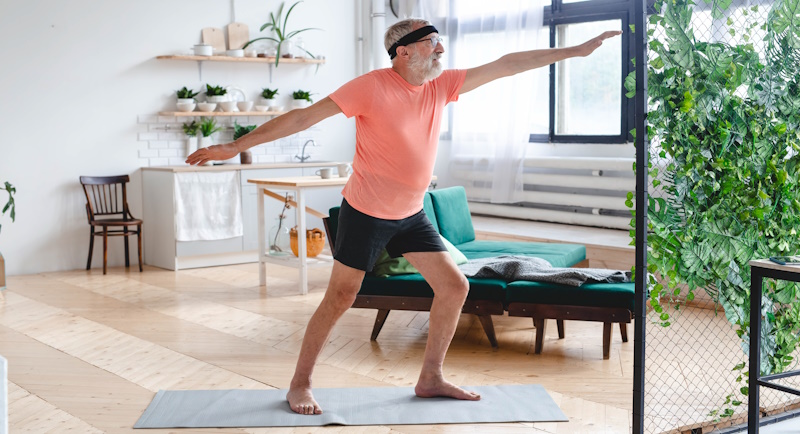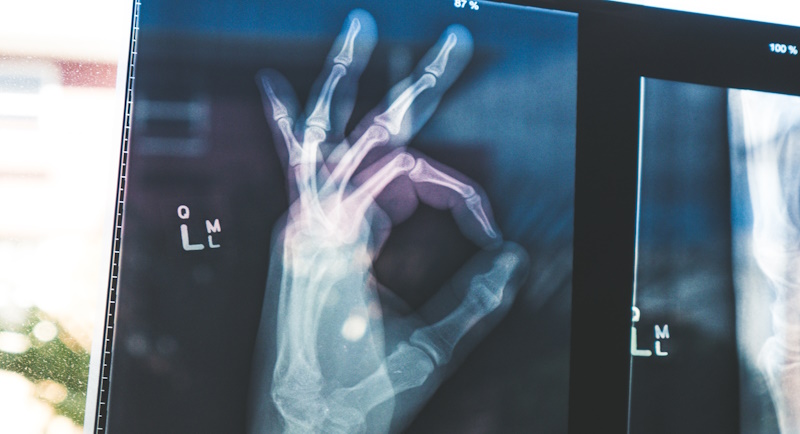Risk of prostate cancer by age: Understanding the vulnerability
Several factors influence the risk of prostate cancer, including age. A few of these risk factors include a man’s ethnicity, family history, and even genetic factors that may carry an increased tendency for this disease. These risk factors mentioned are unmodifiable – a man can’t change them. Here is one more unmodifiable risk factor –… Read more





